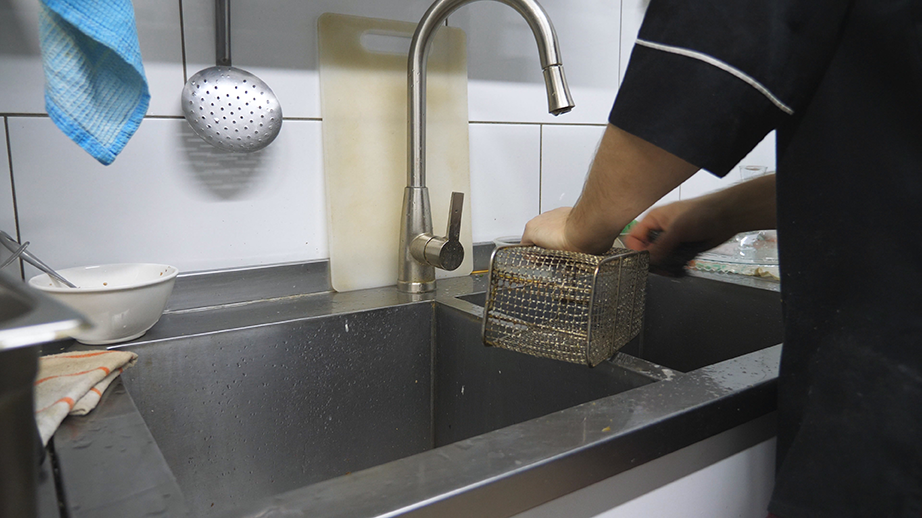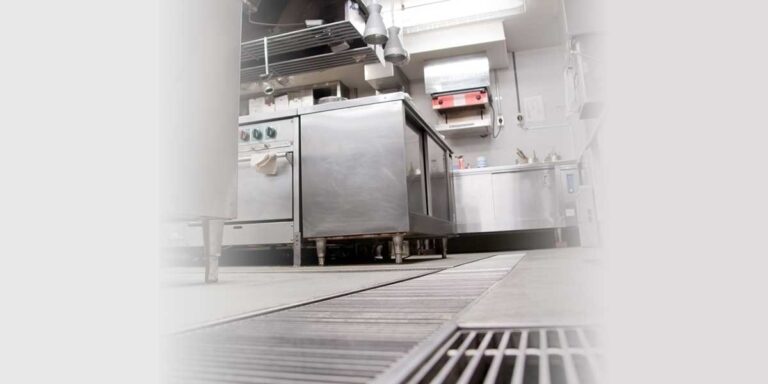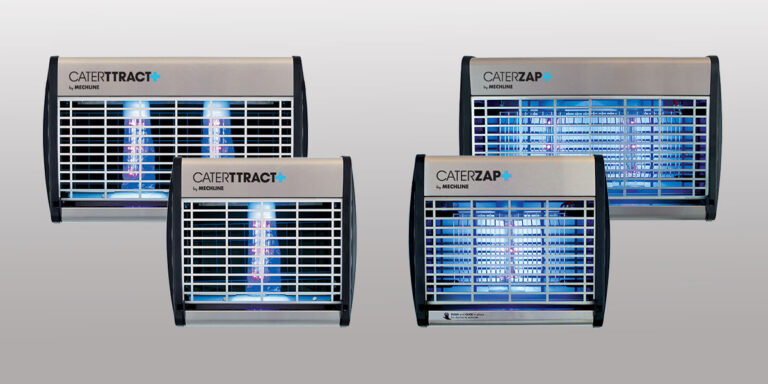When you’re running a restaurant, hotel, or hospitality business, fats, oils, grease and starches (FOGS) are an unavoidable part of life. But while grease management can involve introducing extra steps into the processes that keep your kitchen running, they don’t necessarily have to present a problem – provided they are collected, treated and disposed of in a safe, efficient and responsible manner.
Looking at the situation another way, if your local water supplier is able to trace sewer blockages back to you, FOGS could present a BIG problem for your business, with authorities able to issue fines and even prosecute where necessary to protect the interests of the local sewerage system, and everyone who uses it. For this reason, and for your own peace of mind, it is essential that you take care when implementing grease management processes throughout your business.
Water Industry Act 1991 Section 111
According to Section 111 of the Water Industry Act 1991, uncontrolled discharge of FOGS from a food service establishment is a criminal offence. That means that every effort should be taken to minimise the amount of food waste and FOGS allowed to enter sinks, associated appliances and discharge points. If you are deliberately – or even accidentally – letting any matter pass into your drains which is likely to interrupt their flow and function, you could reasonably be prosecuted under this section of the law as the Water Company seeks to preserve its sewer network. This could result in you receiving an unlimited fine, being required to repay Water Company repair costs, and in some circumstances, receiving a prison sentence –– serious stuff!
The good news? There are a series of simple steps you can take to ensure your business never has to deal with this problem…
Grease management provision
From arranging for FOGS to be collected by a licensed contractor and investing in dedicated FOGS management solutions, to simple steps like using a sink strainer and scraping food waste into the bins.
When it comes to doing your due diligence, effective staff training is the number one thing you can do to stop FOGS entering your drains. Staff should be made fully aware of the impact of FOGS on the water system, as well as your company policy and best practice on how to dispose of food waste on a day-to-day basis.
To highlight commercial kitchen best practices for managing what goes down the drain, our “Stop and Think! Not down the sink” is an excellent free visual resource that you should take advantage of.
When installing FOGS management systems, it is best to adopt a multi-layered approach, choosing a combination of products to maximise the removal and treatment of FOGS that would otherwise enter the drains and subsequently the sewer. This should ultimately be the objective of any effective FOGS management system.
Doing your part to take good care of the drains isn’t just good news for the water company. As well as blocked drains and sewer problems directly associated with FOGS, a build-up of matter in the drains could lead to some nasty smells – not to mention unwelcome visitors in the form of vermin and insects, spelling disaster for your health, safety and hygiene ratings. They can also have a knock-on effect to your operation, with such problems requiring significant time, money and energy to resolve.








